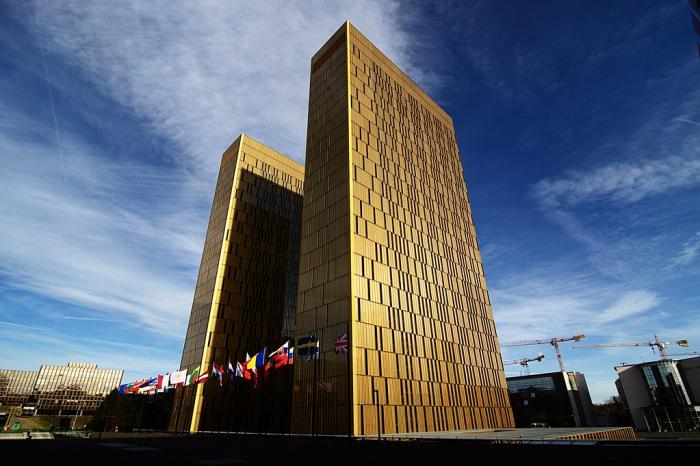Tele2/Watson
A landmark case before the European Court of Justice on communications data retention where PI had intervened.
Joined Cases Tele2 Sverige AB v Post- och telestyrelsen (C‑203/15) and Secretary of State for the Home Department v. Watson (C‑698/15), ECJ, Judgment, 21 December 2016
Privacy International intervened, together with Open Rights Group in the Secretary of State for the Home Department v. Watson (C‑698/15) case before the European Court of Justice on 25 February 2016 that was joined with Tele2 case.
Privacy International had initially intervened, together with Open Rights Group in Secretary of State for the Home Department v Watson & Others case before the High Court of Justice in the UK. Following the Digital Rights Ireland judgment, an application was made to the High Court (22 July 2014) requesting judicial review of the UK’s data retention regime as set out in the Data Retention and Investigatory Powers Act (DRIPA) that empowered the Home Secretary to require public telecommunications operators to retain communications data for a maximum period of 12 months. The High Court ruled that this regime was inconsistent with EU law as it did not satisfy the requirements laid down by the the European Court of Justice of the EU (ECJ) in Digital Rights Ireland. The Home Secretary challenged this decision.
The Court of Appeal asked the ECJ to give a preliminary ruling on whether the Digital Rights Ireland judgment laid down mandatory requirements of EU law applicable to a member state’s domestic regime governing access to data.The ECJ joined this case with another referral by the Stockholm Administrative Court of Appeal where, Tele2 Sverige (one of Sweden’s main telecommunications operators) that stopped retaining communications data following the Digital Rights Ireland judgment claiming that the Swedish Law on Electronic Communications was not compliant with EU law.
The ECJ held that national legislation establishing general and indiscriminate retention of all traffic and location data of all subscribers and registered users relating to all means of electronic communication (mass surveillance of electronic communications) for the purpose of fighting crime violated the right to privacy and the right to data protection of the Charter of Fundamental Rights of the European Union. The Court further reasoned that access of the competent national authorities to the retained data must be restricted to fighting serious crime, with prior review by a court or an independent administrative authority, and the concerned data had to be retained within the EU.
The case was remitted back to the UK where the Court of Appeal ruled on 30 January 2018 DRIPA unlawful. The Court of Appeal noted in its judgment the IPT's reference to the CJEU seeking clarification of the extent to which, if at all, the requirements set out in the CJEU's judgment in Tele2/Watson applies in a national security context. The Court of Appeal felt it was not necessary to come to a conclusion on this point as Watson proceedings concerned fighting crime.
